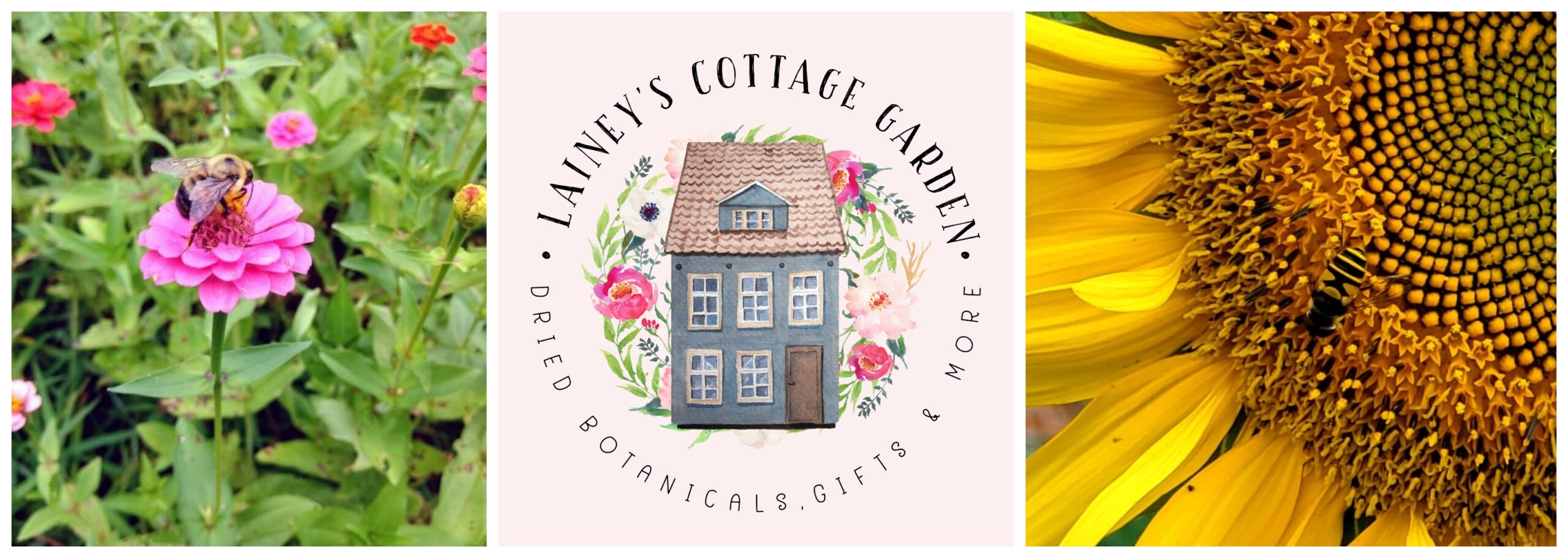Speaking of another interest of mine, which is helping people who have disabilities or other struggles such as addiction or mental health issues. For those who don’t know, I am the mother of wonderful 22-year-old son who was diagnosed with high functioning autism (PDD NOS) when he was about 4 years of age. We have done all kinds of different therapy over the years such as music therapy, Playtime/Floortime therapy, occupational therapy, art therapy, speech therapy, social therapy… and more therapy! . My son has now graduated from high school and is holding a job full-time and we are very proud of his accomplishments.
So when I heard about something called horticulture therapy, I thought what a great way to marry two things I love to do – horticulture and helping people with disabilities and other conditions.
What is horticulture therapy?
Horticultural therapy is defined by the American Horticultural Therapy Association as the engagement of a person in gardening and plant-based activities, facilitated by a trained therapist, to achieve specific therapeutic treatment goals. Wikipedia
So let’s dig a little deeper. Horticulture therapy is a professional practice that uses plants and gardening to improve mental and physical health. Who does a horticulture therapist help? A horticulture therapist works with any group that can benefit from interaction with plants, including veterans, children, the elderly and those dealing with addiction and mental health problems.
I began to explore career training a bit but I hadn’t had any luck finding a program in my area. Distance learning was available at select few universities and most had waitlists. I applied in in summer 2020 for that fall, but the class was full. However, I am happy to announce I have officially been accepted to the University of Florida Distance learning Horticulture Therapy Program beginning next week. I am very excited to learn this discipline.
.
When my certification is finished, I will begin adding horticulture therapy classes to my business at Lavender Rose Farms, LLC. Exactly how that will look is to be determined. I may offer some therapy on site on my property since I do have pretty expansive raised beds, the lavender field, and a wildflower meadow. I may also contract out to other organizations such nursing homes, non-profts, or other organization to teach some classes. I may do or a combination of both types.
Does this mean I am leaving lavender farming, floral design, and my Etsy and e-commerce shop? No, not at this time. In the next 5-10 years I will probably start to wind down the farm as my husband I would like to retire and hopefully that would be up at our cabin We want to simplify life. We love Northern Michigan – yes even the winters.
The therapy certificate is something I can still do after my lavender farming time is done.
I am very excited about this new direction for me and Lavender Rose Farms. LLC!
